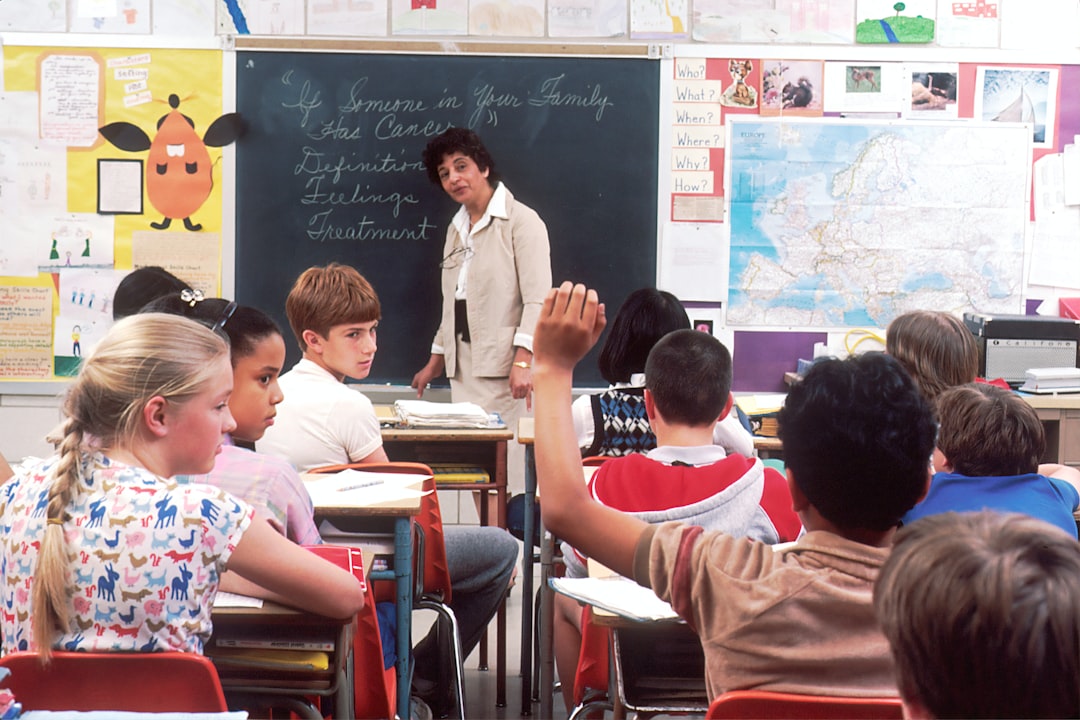What is it about?
In monologues, speakers can only hope that their addressees will understanding what they mean. In dialogues, conversational partners actively collaborate to establish, for each utterance, that what the speaker means is what their addressee takes them to mean: The addressee can signal their understanding with nods or ‘uh uhm’ or, if feeling less confident, may ask for clarification or confirmation. While the role of the addressee in this process has long been acknowledged, that of the speaker has been largely neglected. The study examined how the presence of a hedge (as in 'It sort of looks like an eagle) signals the speaker's uncertainty to be understood, which in turn prompts the addressee to seek confirmation for their understanding.
Featured Image

Photo by Jerry Wang on Unsplash
Why is it important?
Speakers and addressees both actively work toward ensuring that communication succeeds. Such collaboration is the hallmark of dialogues.
Perspectives
Collaboration plays a critical, albeit under-appreciated, role in language communication. Unless Artificial Intelligent agents learn to engage in such collaboration when interacting with humans, it is unlikely to they will become the kind of conversational partners people expect them to be.
Delphine Dahan
University of Pennsylvania
Read the Original
This page is a summary of: Collaboration under uncertainty in unscripted conversations: The role of hedges., Journal of Experimental Psychology Learning Memory and Cognition, February 2023, American Psychological Association (APA),
DOI: 10.1037/xlm0001210.
You can read the full text:
Contributors
The following have contributed to this page










